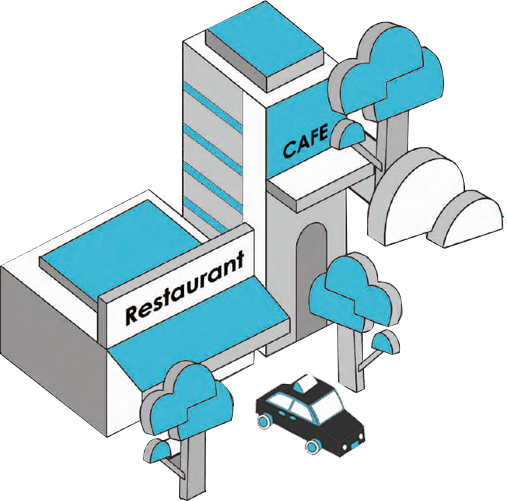Under Chinese law, foreigners with legal employment permits can be covered by the same basic insurance as any other non-local resident, and the coverage is the same for everyone regardless of nationality.
China' s Social Security fund includes pension, medical, unemployment, maternity and work-related injury coverage.
The maximum contribution base for medical insurance won1 t exceed three times the average monthly wage of a city' s on the job workers, while the minimum won' t fall below 60 percent of the average monthly wage. Last year in Shenzhen, the average wage was10,646 yuan and the minimum was 2,200 yuan, so the maximum base for this year is31,938 and the minimum is 5,585.40.
Foreigners working in Shenzhen must choose one of two types of compulsory basic medical insurance: Category I (2A) or Category II (2B). Category I can be used for clinic visits and hospitalization, while Category II can only be used for hospitalization. The payments and contributions by employers are made directly from each month1 s paycheck.
The employer pays 13 percent of the base into the employee' s pension fund, while the employee pays 8 percent.
For basic medical insurance under Category I, the employer pays 6.2 percent of the base into the employee fund, while the employee pays around 2 percent.
For basic medical insurance in Category II, the employer pays 0.6 percent of the base, while the employee pays 0.2 percent.
For example, the automatic payments per monthly paycheck for an expat earning 35,000 yuan per month in Shenzhen would look something like this:
Medical insurance Category I (2A):
Employer pays:
27927*(13%+6.2%+0.45%+0.28%)+5585.4*1 %=5,621.71 RMB.
Employee pays: 27927*(8%+2%)+5585.4*0.5%=2,820.627RMB.
Medical insurance Category II (2B):
Employer pays: 27927*(13%+0.45%+0.28%)+9309*0.6%+5585.4*1 %=3,946.09RMB.
Employee pays: 27927*2%+9309*0.2%+5585.4*0.5%=605.09RMB.
When you leave China, you can get the amount you paid into the social insurance fund refunded, minus any sum you used for treatment or medication. If you return to work in China, you can reopen your social security account and the sum your employer paid will remain in the balance.
You will need these documents to apply for the refund:
1.Application form with company seal
2.Passport
3.Work permit or cancellation certificate of work permit
4.Bank card from one of China' s four major state-owned banks: Construction Bank, Industrial and Commercial Bank, Bank of China, Agriculture Bank
5.Social security card






